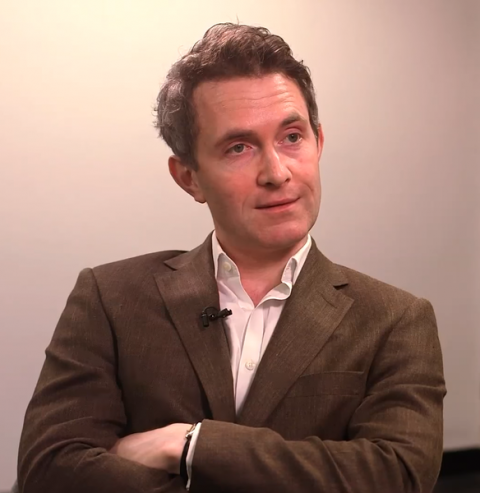Barbara Kay on the works of Douglas Murray, a “clubbable conservative” (I’m so far out of the loop, I’m not sure if this reference is British (he’s welcome in our exclusive club) or Canadian (like a baby harp seal) … although that may be a binary answer depending if you’re on the left or right of the traditional political spectrum):
London-based public intellectual Douglas Murray is in Montreal this week to promote his new book. I was afforded the luxury of a rambling conversation over coffee with him about The Madness of Crowds: Gender, Race and Identity.
A “clubbable conservative,” as one reviewer accurately describes him, Murray hit his intellectual stride early, publishing his first book at 18, which attracted the attention and mentorship of polemical giants Christopher Hitchens and Roger Scruton. Quite different in personality from Jordan Peterson (less intensity, more suavity), he’s equally erudite and similarly crowd-pleasing (they’ve done joint appearances in the U.K., attracting massive audiences).
Murray shot to international celebrity with his powerful, if depressing 2017 book, The Strange Death of Europe, which opens with the words, “Europe is committing suicide. Or at least its leaders have decided to commit suicide.” Joining frontline reports from unpleasant way stations in the 2015 migrant crisis to insightful analysis of the West’s present malaise, Murray painted a gloomy picture of continental passivity in the face of momentous cultural change.
In The Madness of Crowds, also inspired by the West’s loss of a “grand narrative,” Murray applies his formidable exegetical skills to the proliferation of identity politics “tripwires” that corrode civic life and wreak havoc with individual lives.
Murray writes: “The interpretation of the world through the lens of ‘social justice,’ ‘identity group politics’ and ‘intersectionalism’ is probably the most audacious and comprehensive effort since the Cold War at creating a new ideology.” Christianity has been spurned, but the religious impulse is inherent and abhors a vacuum. The “religion” of social justice, Murray observes, poured itself into the handy campus vessel of Marxism with remarkable speed.
One of the hallmarks of Marxism – not a bug, but a feature – is its ruthlessness. I was particularly struck by Murray’s quite poignant chapter, “On Forgiveness.” Normal religions offer redemption to sinners. But there is no forgiveness or statute of limitations for thoughtcrimes in the religion of social justice. A mural of Rudyard Kipling’s “If” – voted Britain’s favourite poem – was painted over at the University of Manchester in retroactive punishment for Kipling’s now politically incorrect views on empire. The past, Murray says, is “hostage — like everything else — to any archeologist with a vendetta.”




